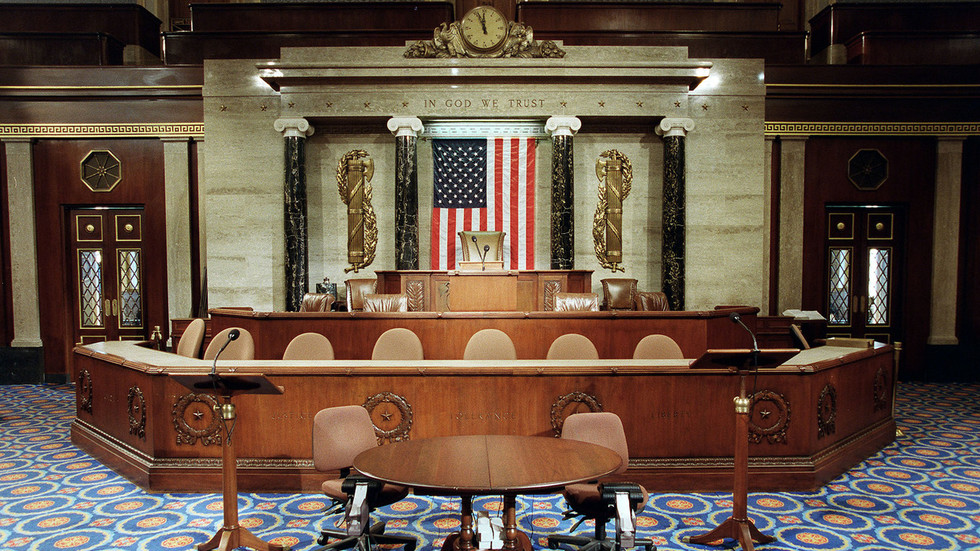Israeli Prime Minister Benjamin Netanyahu said late on Saturday there was “no certainty” either man had been killed in the strike.
Deif has been among Israel’s most wanted men for decades and is blamed by Israeli authorities for the killings of multiple civilians and soldiers. There have been at least six previous attempts on his life.
He announced in an audio message the start of Hamas’s surprise Oct 7 attack on southern Israel, which sparked the Gaza war, and the military has labelled him and Salama “two of the masterminds” of the attack.
Separately on Sunday, rescuers said at least eight people were killed in three separate strikes on different parts of Gaza City.
The Israeli military meanwhile said operations were continuing throughout the territory, including in Gaza City and Rafah.
Hamas’s Oct 7 attack resulted in the deaths of 1,195 people, mostly civilians, according to an AFP tally based on Israeli figures.
The militants also seized 251 hostages, 116 of whom remain in Gaza, including 42 the military says are dead.
Israel responded with a military offensive that has killed at least 38,443 people in Gaza, also mostly civilians, according to a toll from the Gaza health ministry issued Saturday afternoon.
“HORRIFIC MASSACRE”
The deaths in the camp in Al-Mawasi drew condemnation from governments across the region, with Egypt’s foreign ministry saying such “crimes … cannot be accepted under any justification whatsoever”.
The Israeli military said of its attack targeting Deif that “the area that was struck is an open area, surrounded by trees, several buildings and sheds. It was not a tent complex, but an operational compound”.
A Hamas statement rejected Israel’s claim it had targeted Deif, saying it was intended “to cover up the magnitude of the horrific massacre”.
Earlier this week, US President Joe Biden had said that a framework for a truce and hostage deal he had set out earlier in the war was “now agreed on by both Israel and Hamas”.
“There are still gaps to close, but we’re making progress,” he added.
On Saturday night Hamas official Bassem Naim told AFP that Netanyahu was to blame for the impasse and called on Biden to put “sufficient pressure” on the Israeli leader to secure a deal.
The negotiations have been brought to a halt by Hamas’s withdrawal on Sunday, but the official quoted Haniyeh as saying that the group was “ready to resume negotiations when the occupation government (Israel) demonstrates seriousness in reaching a ceasefire agreement and a prisoner exchange deal”.
An Israeli security source, speaking on condition of anonymity, said on Saturday that the strike showed Israel “will continue to target senior Hamas leadership” even as it “pursues negotiations for a hostage agreement”.





















Discussion about this post